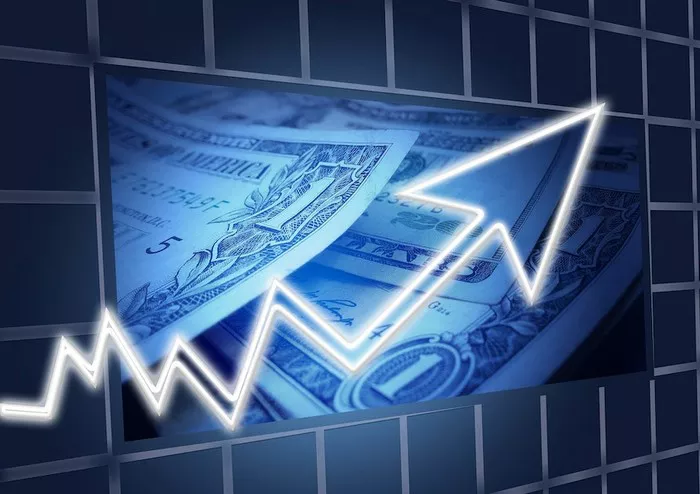The Dow Jones Industrial Average (DJIA), commonly referred to as the Dow, is a stock market index that measures the performance of 30 large publicly owned companies listed on US stock exchanges. Futures contracts on the Dow are a popular financial instrument used by traders to speculate on the future direction of the index. In this article, we will discuss the opening times of Dow futures and the factors that affect their trading.
What are Dow Futures?
Dow futures are financial contracts that allow investors to bet on the future value of the Dow Jones Industrial Average. Futures contracts obligate the buyer to purchase the underlying asset (in this case, the Dow) at a specific price and time in the future. The price of Dow futures fluctuates based on the perceived direction of the market, and traders can profit by buying or selling contracts at the right time.
What Time Does Dow Futures Open?
Dow futures trade on the Chicago Mercantile Exchange (CME), which is one of the largest futures exchanges in the world. The trading hours for Dow futures are Sunday to Friday from 6:00 pm to 5:00 pm Eastern Time (ET), with a one-hour break each day from 5:00 pm to 6:00 pm. This means that Dow futures trading is available for nearly 24 hours a day during the trading week.
However, it is important to note that the Dow futures market is not always active during these hours. Trading volume tends to be higher during the US trading session, which occurs from 9:30 am to 4:00 pm ET on weekdays. During this time, the market is highly liquid, and prices can fluctuate rapidly based on news events and economic data releases.
Factors That Affect Dow Futures Trading
There are several factors that can affect the trading of Dow futures. Some of the most important include:
-
Economic Data Releases
The release of economic data, such as employment reports, GDP numbers, and inflation figures, can have a significant impact on the Dow futures market. Traders closely watch these releases for signs of economic strength or weakness, which can influence the direction of the market.
-
Corporate Earnings
The earnings reports of the 30 companies that make up the Dow Jones Industrial Average can also affect the market. Strong earnings reports can boost investor confidence and drive up prices, while weak reports can lead to selling pressure.
-
Geopolitical Events
Political events and news from around the world can also influence the Dow futures market. For example, a trade dispute between the US and China could cause prices to fall, while an unexpected diplomatic breakthrough could lead to a rally.
-
Interest Rates
Changes in interest rates can affect the Dow futures market, as they can impact borrowing costs for companies and consumers. Higher rates can lead to slower economic growth and lower stock prices, while lower rates can boost growth and lead to higher prices.
-
Technical Analysis
Traders also use technical analysis to identify trends and patterns in the Dow futures market. This involves analyzing price charts and using mathematical models to predict future price movements.
Trading Dow Futures
Trading Dow futures requires a significant amount of knowledge and experience. While the market is open nearly 24 hours a day, it is important to understand the factors that can affect prices and to have a trading strategy in place. Some traders use technical analysis to identify trends and patterns, while others focus on fundamental analysis and news events.
It is also important to have a good understanding of risk management, as trading futures can be highly volatile. Traders should have a solid understanding of margin requirements, leverage, and stop-loss orders to manage their risk and protect their capital.
Conclusion
Dow futures are a popular financial instrument used by traders to speculate on the future direction of the Dow Jones Industrial Average. The market is open nearly 24 hours a day, but trading volume tends to be higher during the US trading session. Economic data releases, corporate earnings, geopolitical events, interest rates, and technical analysis are all factors that can affect the Dow futures market.
Trading Dow futures can be highly profitable, but it also requires a significant amount of knowledge and experience. Traders should have a solid understanding of the factors that can affect prices, as well as a trading strategy and risk management plan. With the right approach, Dow futures can be a valuable tool for investors looking to profit from the movements of the stock market.


